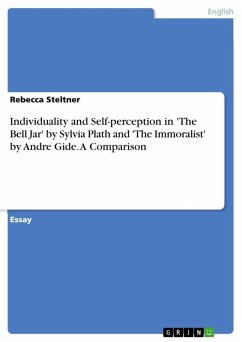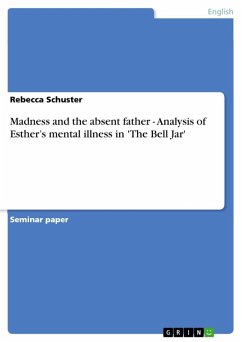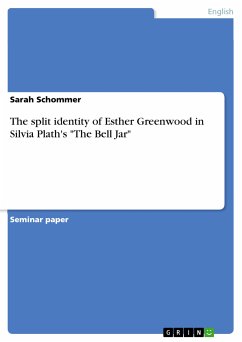Essay from the year 2000 in the subject English Language and Literature Studies - Comparative Literature, grade: A, University of Kent, course: Ideas in the Arts - Truth in Fiction, language: English, abstract: Individuality and self-perception are the main themes of both 'The Bell Jar' by Sylvia Plath and André Gide's 'The Immoralist'. This is so on at least two levels. Both their stories are presented by an unreliable and probably even biased narrator, who is also the main character Michel in 'The Immoralist' and Esther in 'The Bell Jar'. This may be a remainder of the strong autobiographical character of these works. It is this similarity, which makes it very interesting to compare those novels with regard to the question of how individuality is portrayed and how the characters perceive themselves. Of course, there is not enough room here, to discuss, in what ways those novels reflect their authors and how authentic they are. As these are both works of fiction, we have to be very careful as not to just translate 'Ester' as Sylvia and 'Michel' as André. We can only say, that on the first level, we have these fictional characters, who have a certain outlook on life and how they fit into the world as they perceive it - and this will be our main concern - but on a 'meta-level' we have the authors' ideas on how we perceive ourselves and what individuality is. I would argue that this is an eperience, which cannot be transgressed it is something personal, that we can never get rid of. So when, Sylvia Plath invents the figure Esther, her perception of herself and the world around her cannot be completely different from her creator's perspective. But just as it cannot be wholly different it cannot be complete either. What is worked into such fictitious characters are just elements of ourselves and sometimes they can represent earlier stages in our development - earlier selves both of the character and probably also of their authors.
Dieser Download kann aus rechtlichen Gründen nur mit Rechnungsadresse in A, B, BG, CY, CZ, D, DK, EW, E, FIN, F, GR, HR, H, IRL, I, LT, L, LR, M, NL, PL, P, R, S, SLO, SK ausgeliefert werden.









